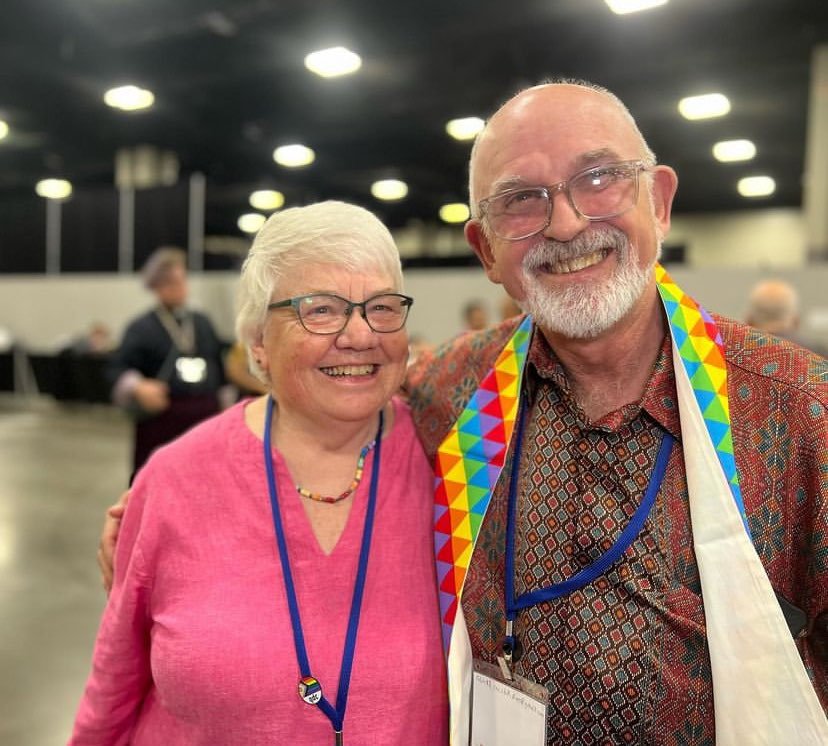New Beginnings: A Reflection on General Conference
by Jan Nelson
This is a day of new beginnings! General Conference has concluded, and it is a new day in the United Methodist Church. For those of us who have struggled through previous general conferences, the atmosphere and the results were amazing.
The petitions for regionalization all passed by large margins. Now we must work to make the vote for ratification as large as possible in our own conferences and be willing to support those working for ratification in central conferences.
The language that has banned or marginalized LGBT members and clergy for 52 years is gone! Now we must work to make acceptance real across our own jurisdiction and wherever else we can have influence. Although the conferences in Africa and the Philippines may add that language back with their ability to adapt, we must keep the conversations open and use our own stories to keep changing hearts and minds.
The revised Social Principles were adopted. Now we have a tool that was globally created and is globally relevant in our continued work for justice.
Petitions were adopted that will strengthen our advocacy for the people of the Philippines and Palestine, for people all over the world and for the planet itself.
WMJM made a difference at General Conference. Our fundraising for the Love Your Neighbor Coalition provided a sizable portion of the resources for connecting with international delegates: translators, cultural competency training, a craft market, and numerous other informal opportunities to begin and maintain relationships with United Methodists across our connection.
There is much work ahead. The petitions we approved are words on paper until we bring them to life. And much good work was left undone at the time of adjournment. We hope you will continue with us on the way of Jesus to bring God’s love to the world.
